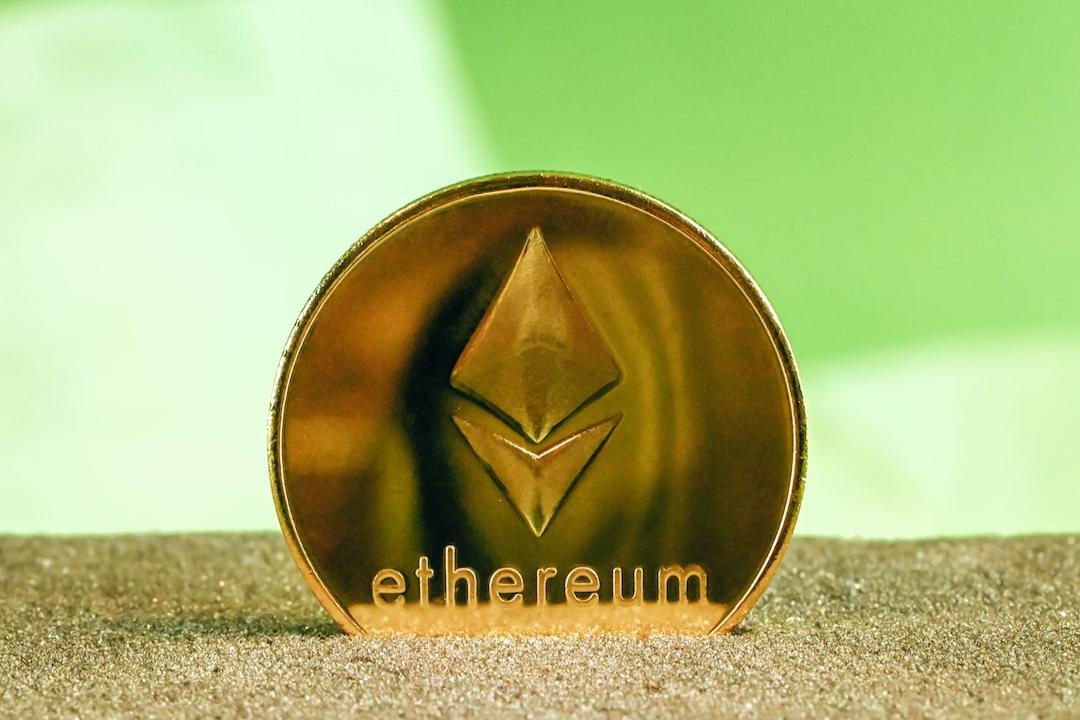Attorneys representing Kraken and the United States Securities and Exchange Commission (SEC) recently clashed in court over whether digital assets on the exchange should be classified as securities.
During a hearing on June 20 at the U.S. District Court for the Northern District of California, lawyers Matthew Solomon from Payward, known as Kraken, and Peter Moores from the SEC presented their arguments before Judge William Orrick regarding a motion to dismiss filed by Kraken in February. Judge Orrick indicated that he was leaning towards rejecting the motion, suggesting that it was plausible that digital assets were being sold as investment contracts on the crypto exchange.
Solomon highlighted key differences between previous cases involving the SEC and Terraform Labs and Telegram. He also referenced a ruling by Judge Analisa Torres in the SEC’s case against Ripple Labs, where XRP was deemed a security when sold to institutional investors. Solomon pointed out that the most comparable case to Kraken’s was Coinbase’s.
The SEC’s argument centered on viewing Kraken as an “ecosystem” where tokens were being sold as investment contracts or “concepts,” which could potentially classify them as securities under the Howey test. However, Kraken’s legal team opposed these legal theories, arguing that rules should be applied equally to the crypto industry.
While Judge Orrick did not make a ruling on the motion to dismiss during the hearing, he hinted that he was inclined to deny it after hearing arguments from both sides. He also suggested that a year should be enough time for discovery if the case progressed.
In related news, Kraken recently recovered $3 million from CertiK, resolving a bug bounty issue. The SEC initiated enforcement action against Kraken in November 2023, following a settlement in February 2023 where Kraken agreed to pay $30 million and discontinue staking services for U.S. clients.
Although Ether (ETH) was not directly mentioned in the SEC v. Kraken case, it has been a focal point in legal battles between crypto firms and the regulator. Reports in March hinted that the SEC was contemplating classifying ETH as a security and potentially taking enforcement actions against firms dealing with the token.
In April, Consensys filed a lawsuit against the SEC after receiving a Wells notice regarding a potential enforcement action related to Ether. The SEC concluded its investigation on June 19, determining that Ether should be classified as a commodity.
In a separate development, the SEC finds itself in a fierce legal battle against the crypto industry’s legal firepower, akin to Godzilla vs. Kong.

